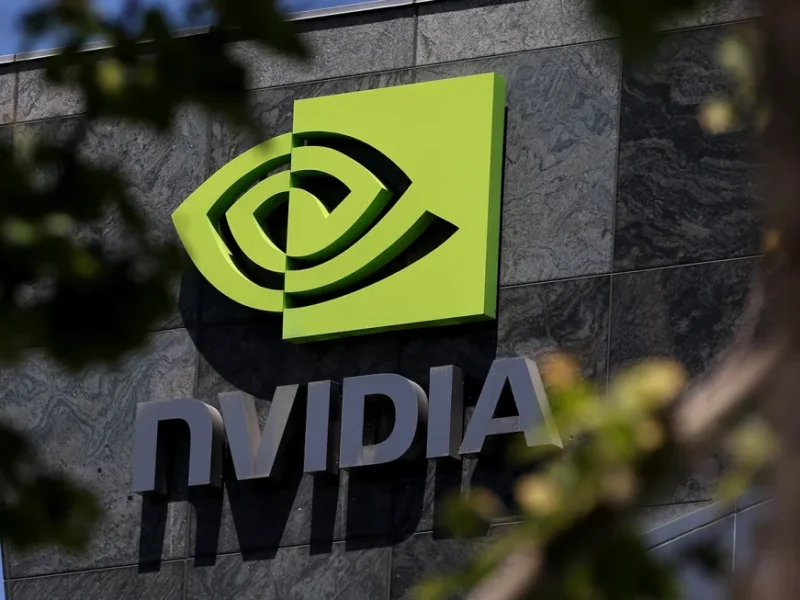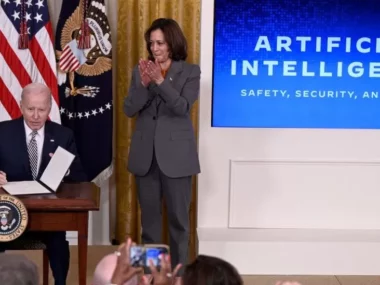The Biden administration has imposed new export restrictions on US-developed AI chips, aimed at limiting access to advanced technology by rivals like China and Russia. These measures are a final effort to block China’s progress in military and industrial leadership, coming just days before President-elect Donald Trump’s inauguration.
The new restrictions, the result of years of efforts to curb China’s access to cutting-edge AI technology, have stirred criticism from US tech giants such as Nvidia and Oracle. US Secretary of Commerce Gina Raimondo explained that the rules aim to protect advanced AI technology from foreign adversaries while sharing its benefits with allied countries.
The global export framework creates three categories for AI chip exports. There are no new restrictions for allies such as Australia, Japan, South Korea, and Taiwan. China and Russia, already restricted from buying advanced chips, will face new limits on the most powerful “closed” AI models. The third group, which includes most countries, will see caps on the computing power they can purchase, although they can apply for additional quotas based on security criteria. This change is seen as a measure to prevent China from acquiring AI chips through third-party nations, especially in the Middle East.
The new rules come at a time of growing demand for AI chips from companies like Nvidia, AMD, and Intel. Despite entering a 120-day comment period, the restrictions are expected to take effect before it concludes. Raimondo expressed hope that the incoming administration will review the changes during the comment period.
The Biden administration has previously imposed similar curbs on semiconductor exports to China, and these latest measures are seen as a continuation of efforts to limit China’s technological growth, a priority for Chinese leader Xi Jinping in his push for self-sufficiency.
‘In jeopardy’
Tech giants Nvidia, Oracle, and the Semiconductor Industry Association have strongly criticized the Biden administration’s new AI chip restrictions, arguing that the rules could harm US competitiveness and amount to bureaucratic overreach.
Ned Finkle, Nvidia’s vice president of government affairs, expressed concern in a blog post, claiming the restrictions threaten global progress in AI adoption and could stifle innovation and economic growth. He argued that the rules, while presented as a measure against China, would not enhance US security.
Oracle’s Executive Vice President Ken Glueck similarly criticized the regulations, calling them excessive and counterproductive to US interests. He warned that the rules could damage US leadership in critical technologies.
The Semiconductor Industry Association also voiced strong opposition, expressing concern about the regulation’s broad scope and lack of industry consultation. The group cautioned that it could undermine US leadership in semiconductor technology and AI systems.











